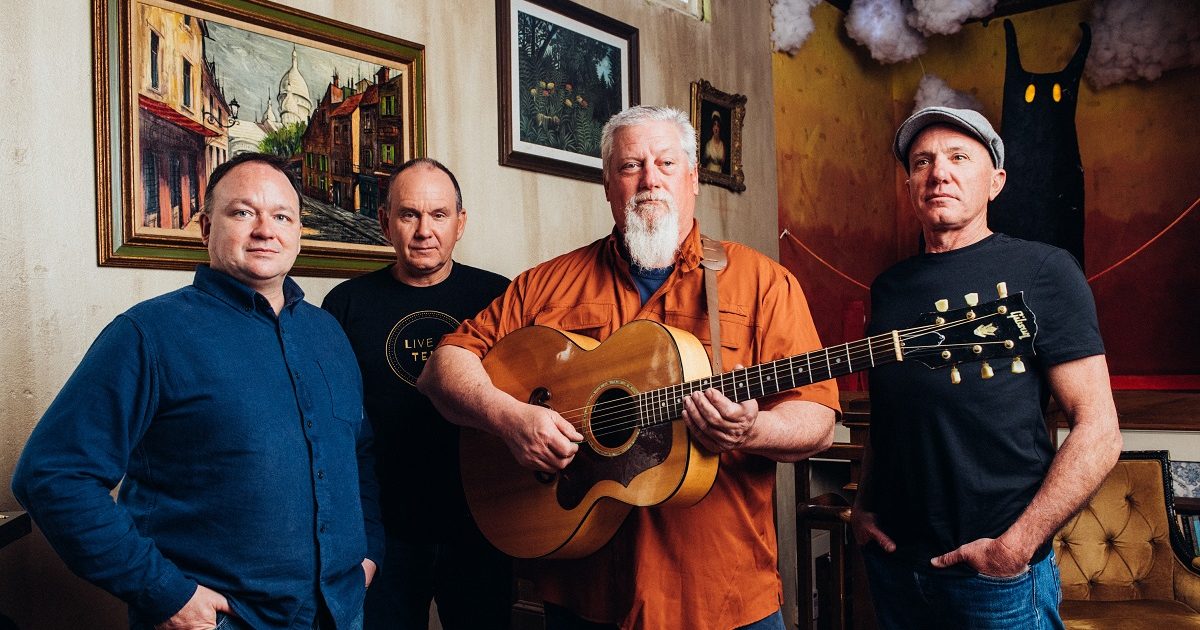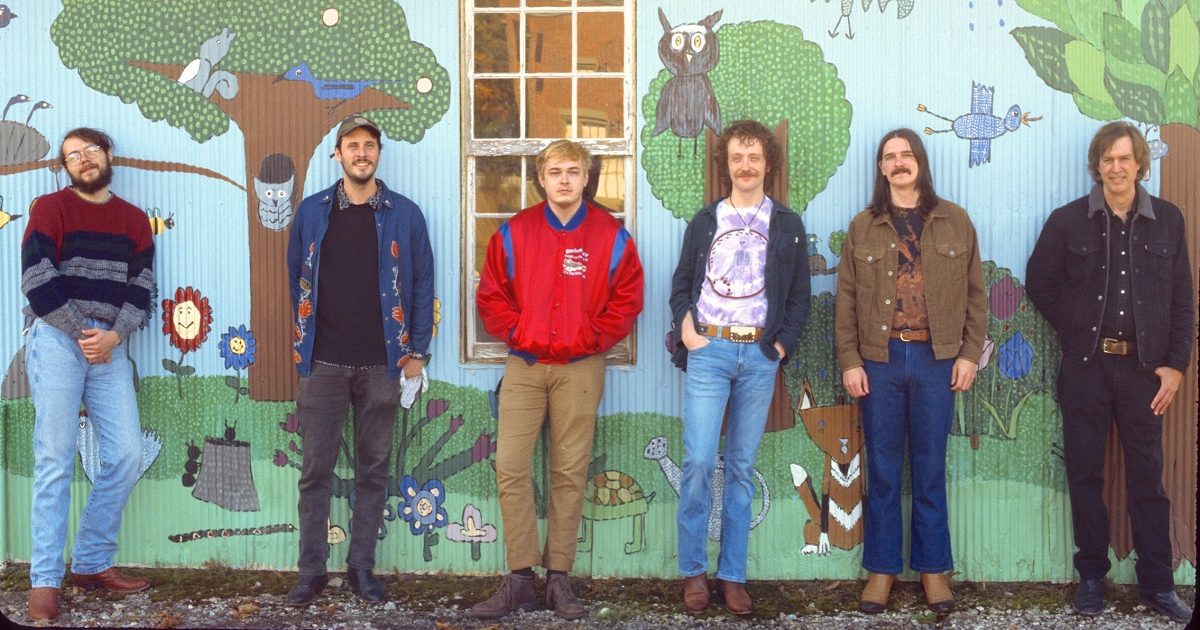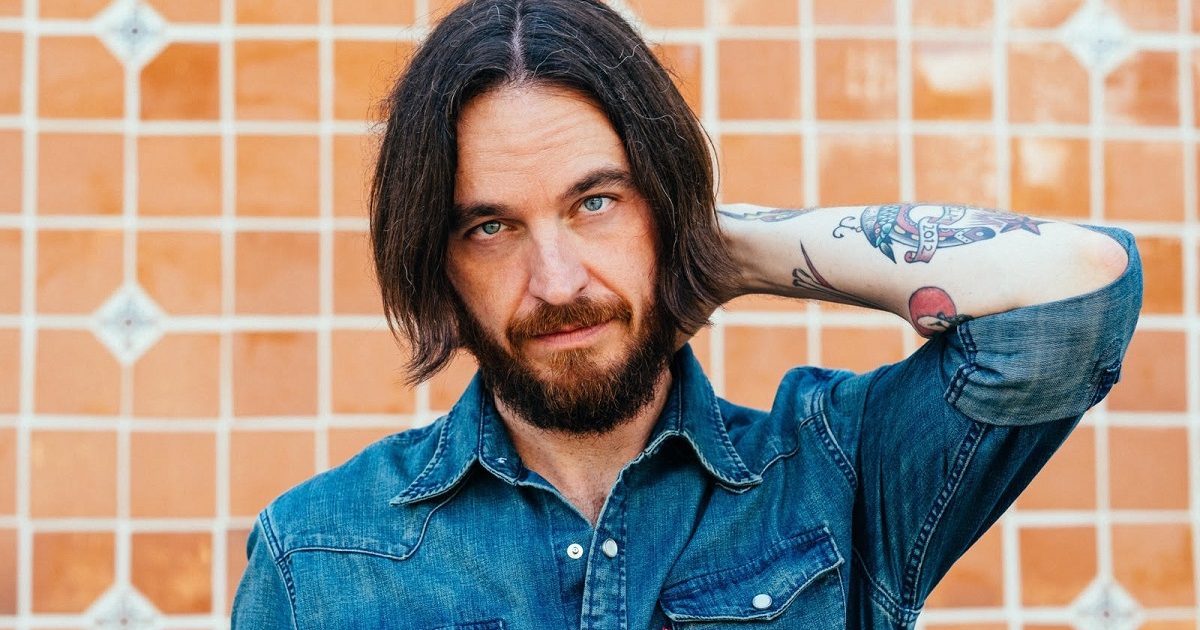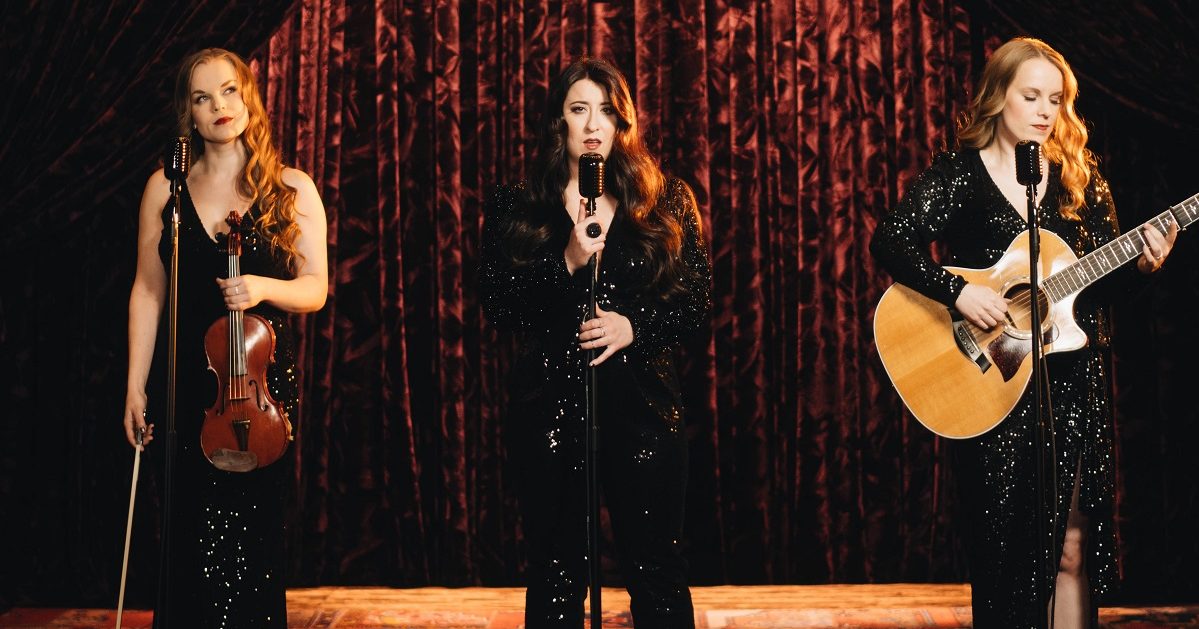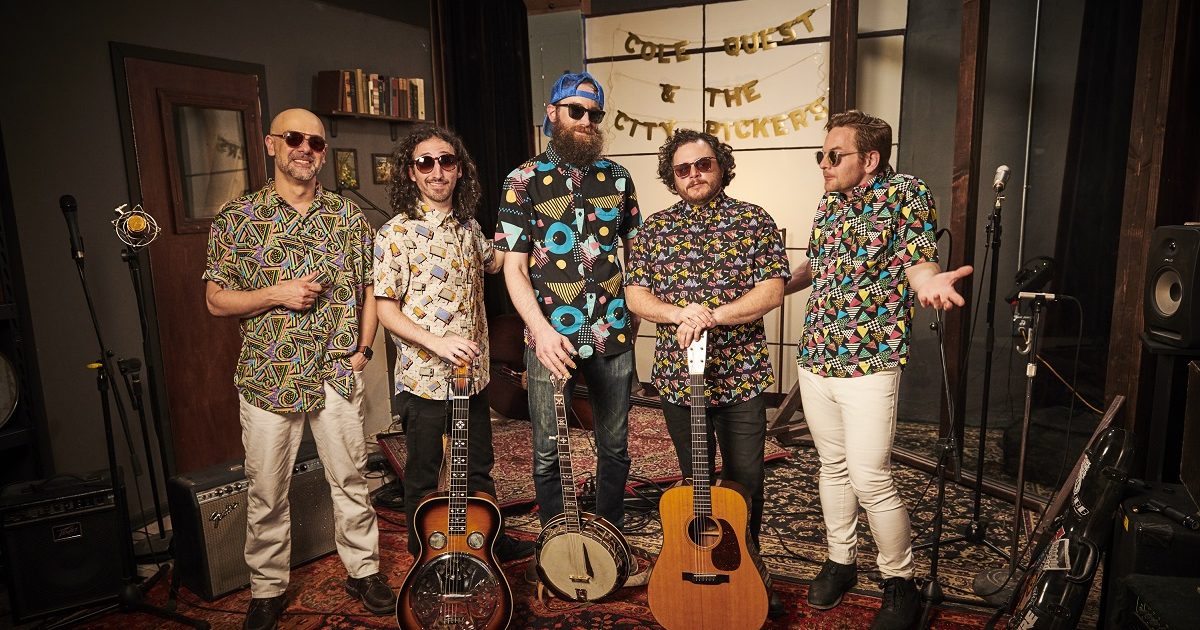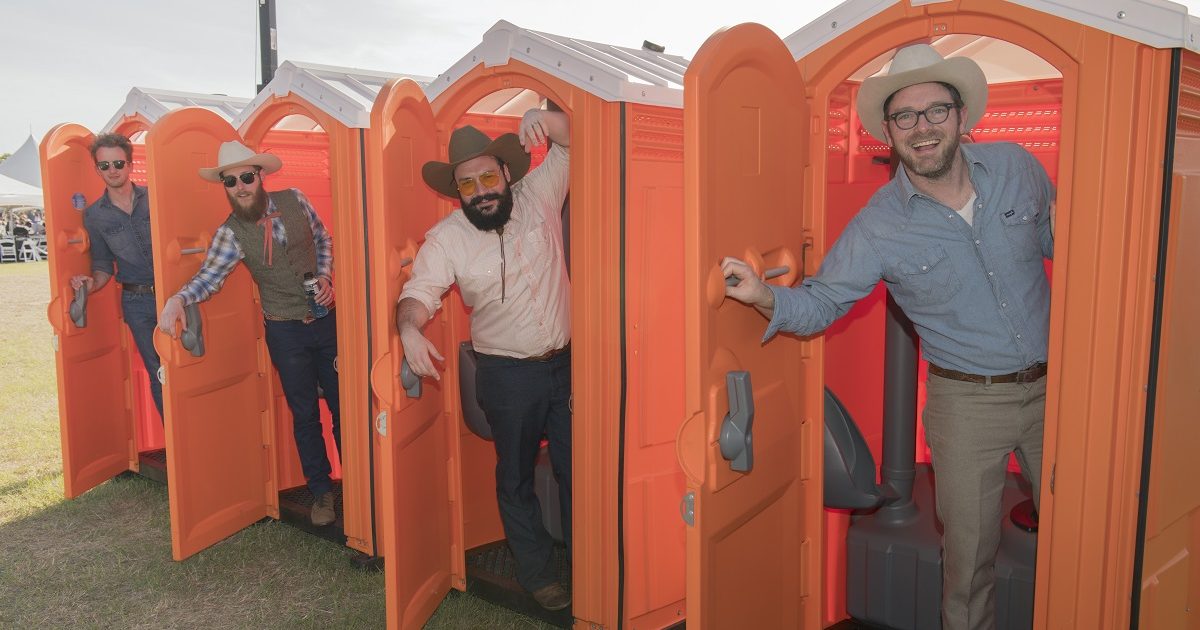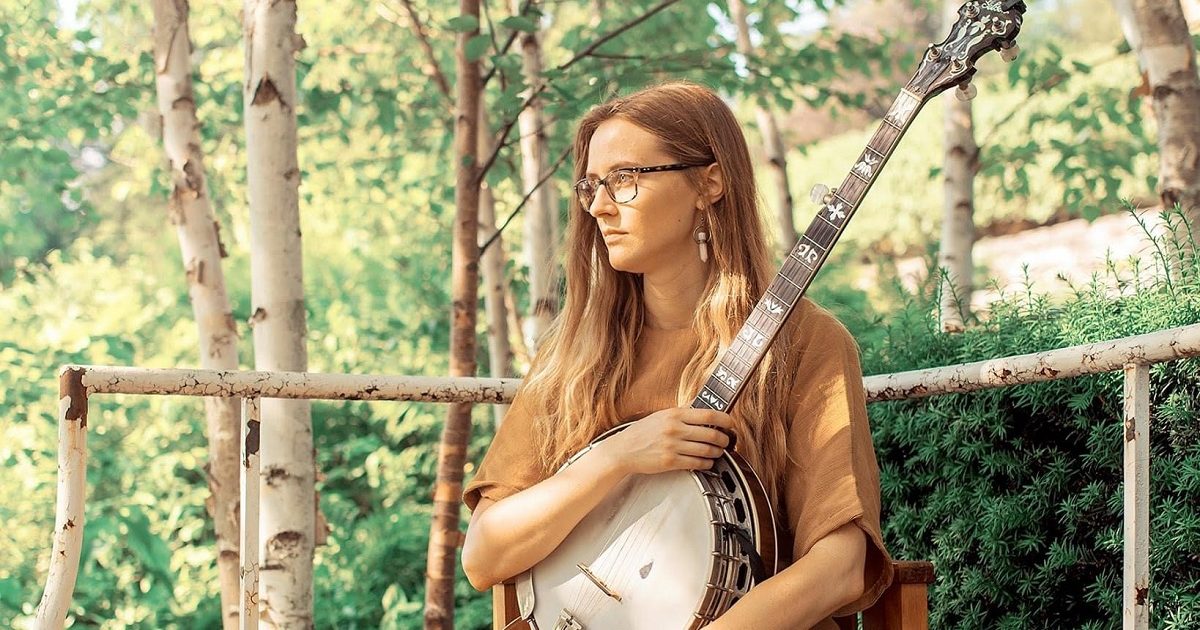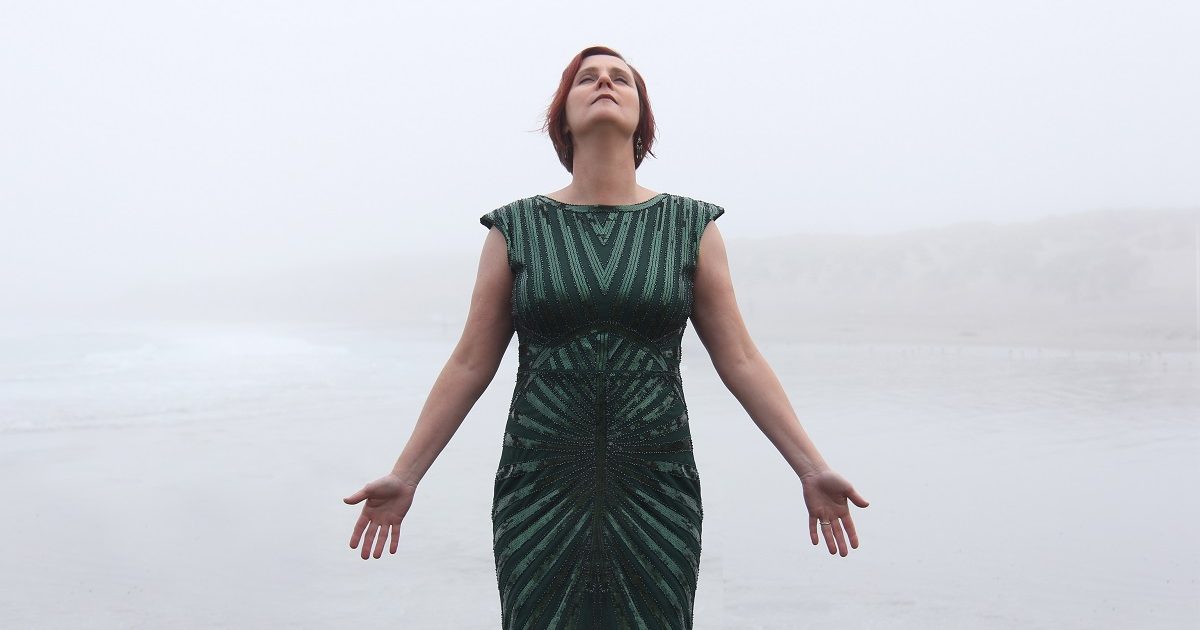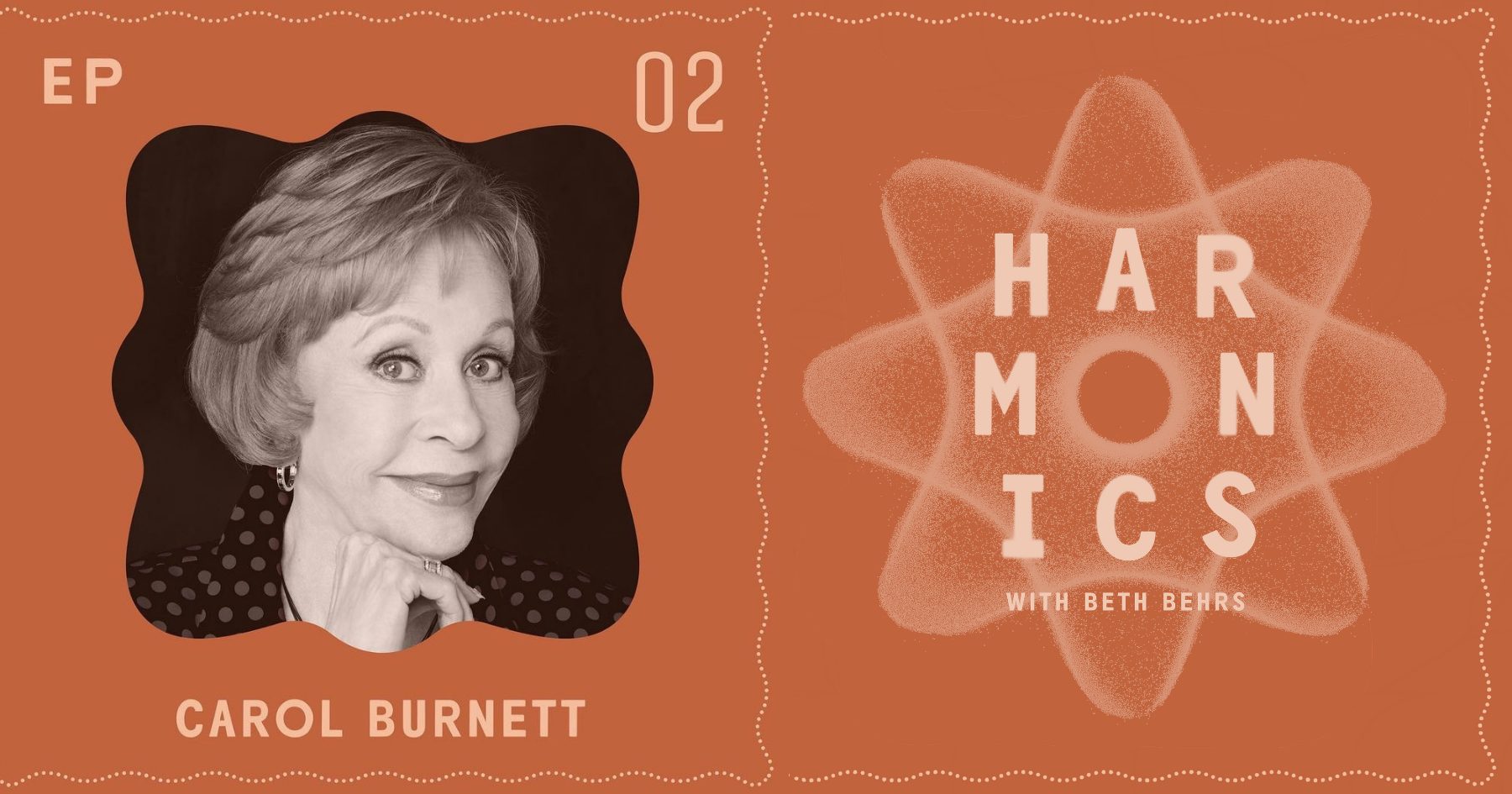Artist: Acoustic Syndicate
Hometown: Shelby, North Carolina
Song: “Sunny”
Release Date: April 9, 2021
Label: Organic Records
In Their Words: “‘Sunny’ is one of those things that’s been on my ‘list of things to finish’ for quite some time. Based on an idea for a short story that I was working on some years ago, it’s a discussion about love, coping with loss, hope, and ultimately, redemption. I’ve been carrying that melody around in my head for years and finally got lucky enough to find the right words to go with it. The tune was one that I was kinda holding in reserve for a possible solo project at some point. After putting it together and sharing with the other fellas, they were all in to record it. The piano (Brian Felix) and violin (Lyndsay Pruett) were part of the original idea, and it was such a pleasure to watch it materialize in the studio on a super solid track by Fitz, Bryon, and Jay. Being back in the studio after seven years has been a real treat. I love the process of recording, and I have missed it very much. Our engineer, Clay Miller, is a ‘steely eyed missile man’ and has the patience of Job! He makes the recording process an absolute joy. I’m so grateful and honored to be making new music with these dudes again.” — Steve McMurry, Acoustic Syndicate
Photo credit: Sandlin Gaither
